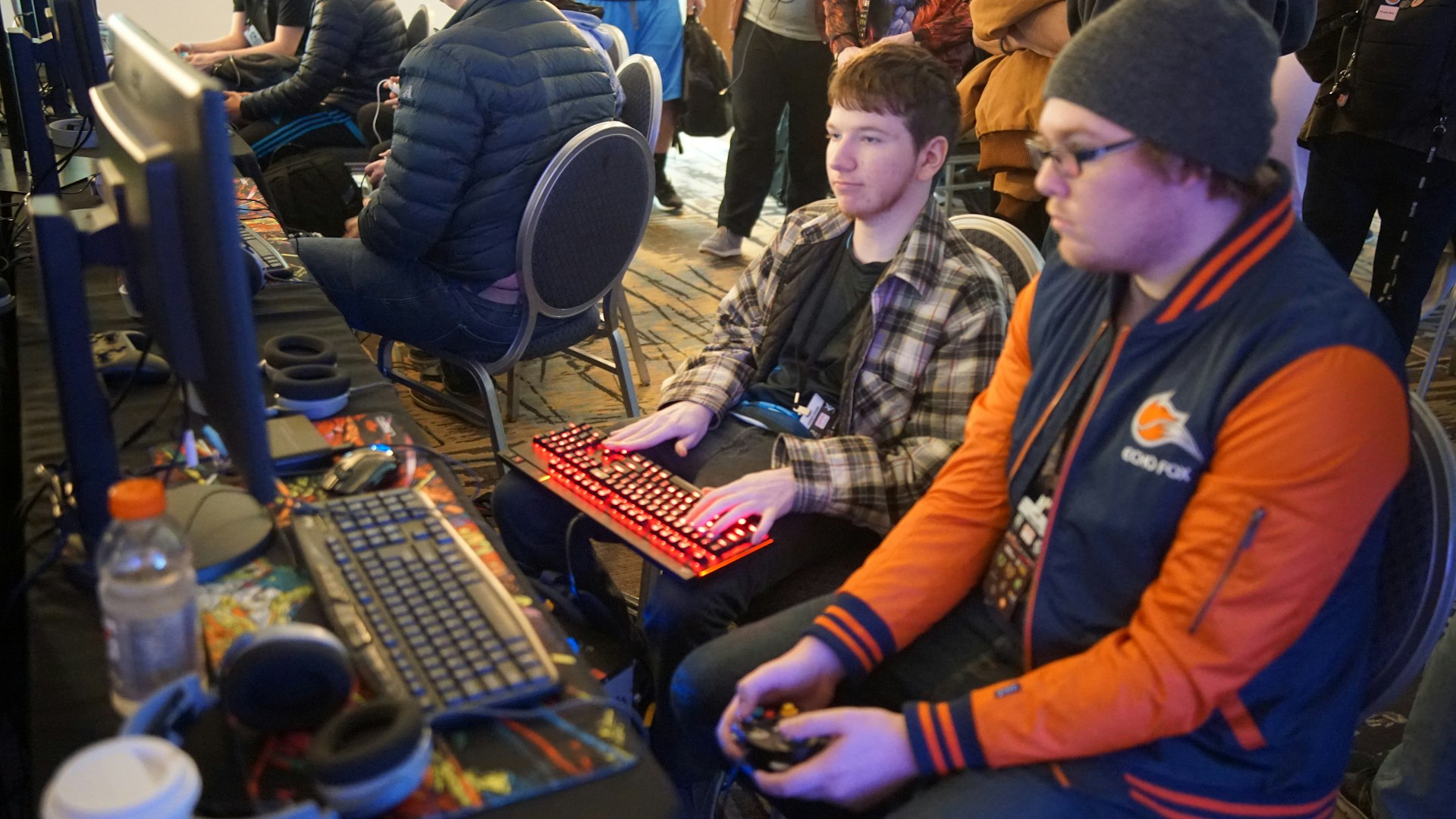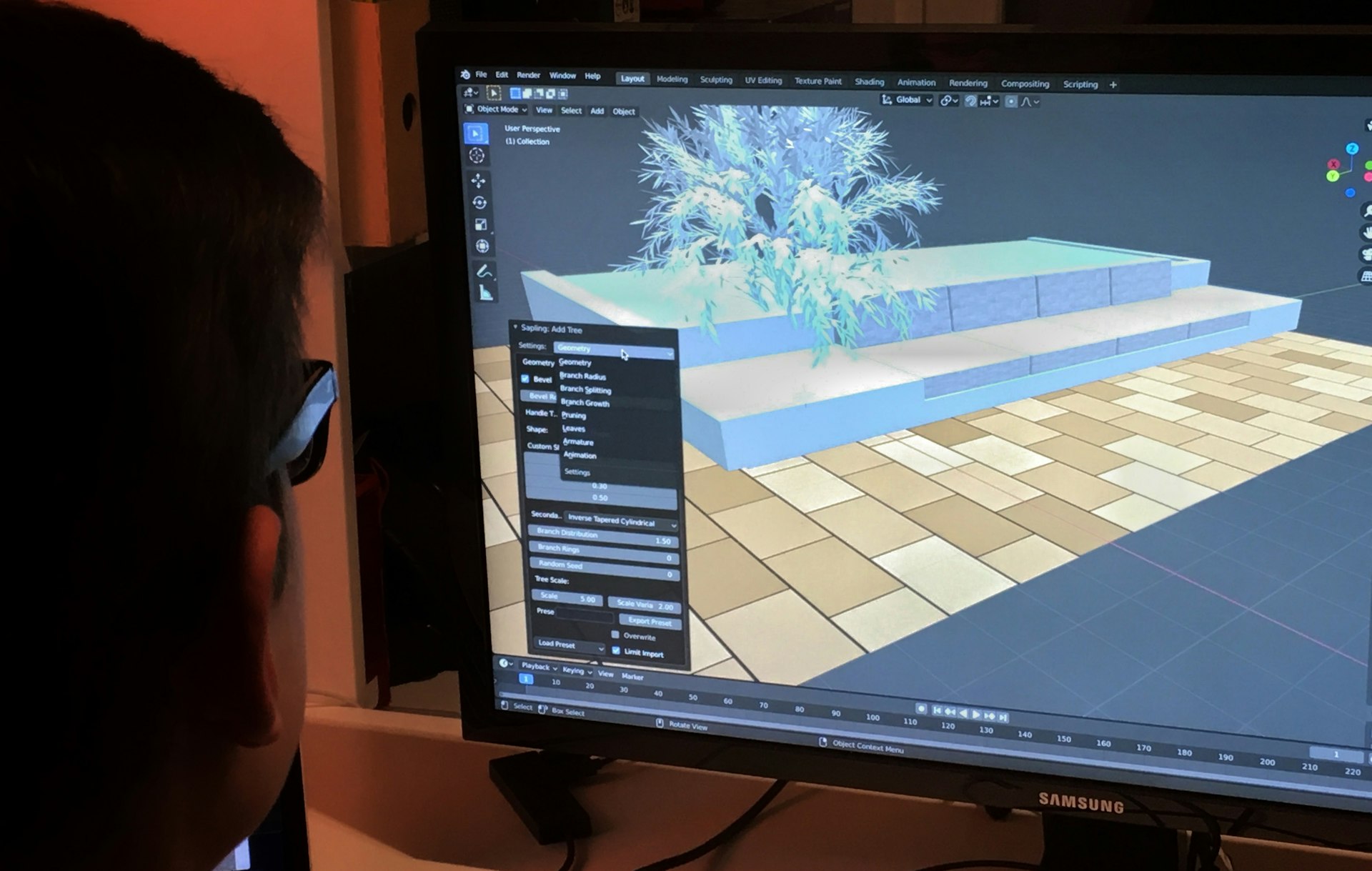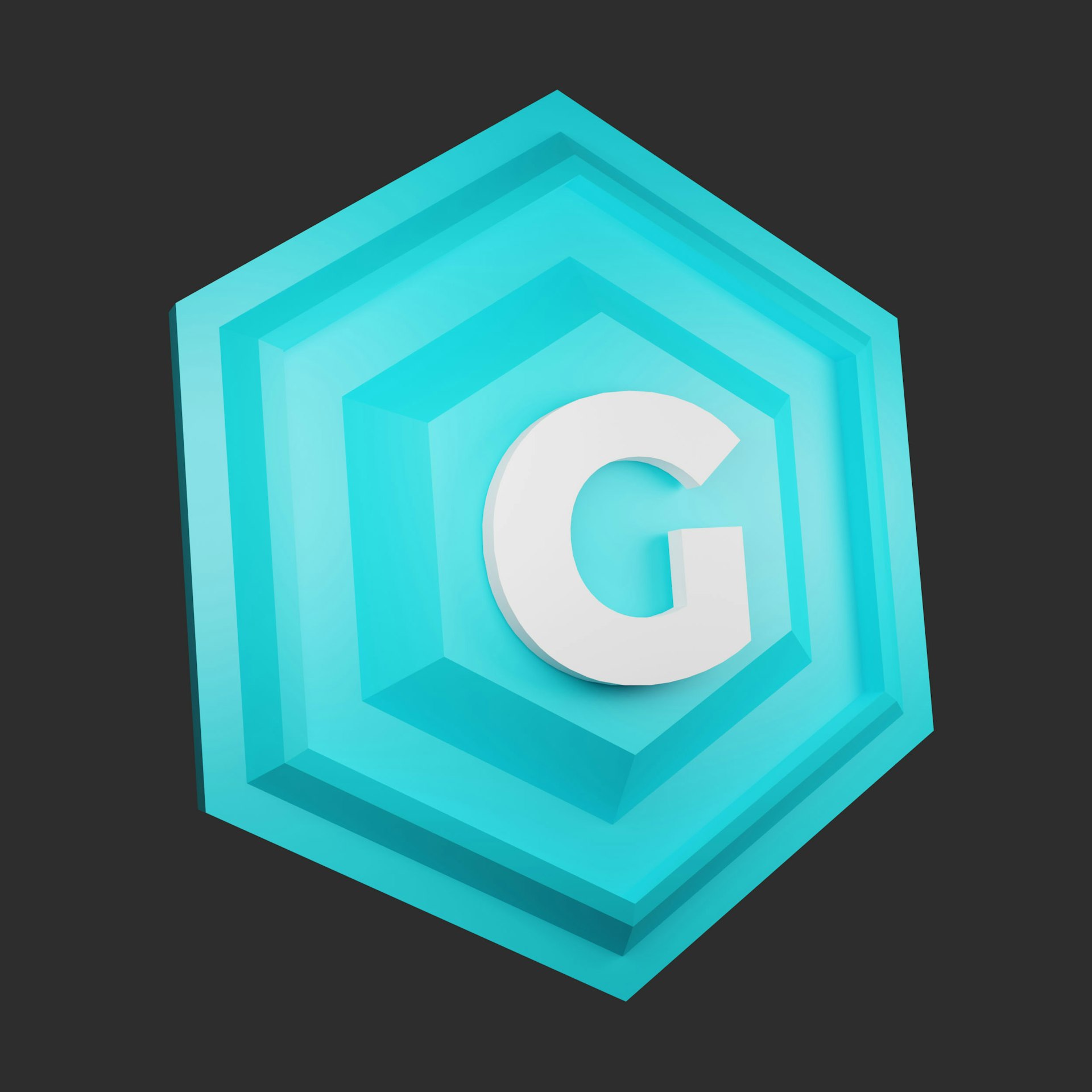Driving Innovation and Inclusion: The Critical Role of Diversity in Game Development

Photo by Gordon Cowie on Unsplash
Introduction: Why Diversity Matters in Game Development
Diversity in game development is not just a social imperative-it is a core driver of creativity, innovation, and commercial success. As the gaming industry reaches billions of players worldwide, studios that embrace diversity in their teams and design choices are better equipped to create engaging, relevant experiences for a global audience. This article examines the multifaceted importance of diversity in game development, provides actionable guidance for studios and individuals, and highlights pathways to foster inclusion at every stage of the creative process.
The Business and Creative Case for Diversity
Game studios with diverse teams consistently produce more innovative and relatable content. By drawing from a wide range of cultural, social, and personal backgrounds, these teams are able to craft stories, characters, and mechanics that resonate with audiences across borders and demographics. According to industry reports, inclusive games attract broader audiences, directly expanding market potential and increasing revenues [1] . This creative advantage is also a competitive necessity-studios that fail to prioritize diversity risk producing games that feel out-of-touch or perpetuate harmful stereotypes [5] .
For example, global teams are able to develop authentic characters and narratives that reflect a variety of lived experiences, enhancing player engagement and driving commercial success [2] . This approach also helps address historical gaps in representation, making diversity both a humanitarian and business strategy.
How Diverse Teams Transform Game Design
Diversity in game development teams directly impacts every aspect of game creation:
-
Storytelling:
Teams composed of members from different backgrounds bring unique perspectives to narrative design, resulting in stories that explore a wider range of themes and emotions. For example, games like
Life is Strange
and
Celeste
have been praised for their authentic exploration of identity and mental health, reflecting the personal experiences of their creators [3] . - Character Design: Diverse teams are better equipped to create characters that represent varied identities, allowing players to see themselves reflected in the games they play. This representation matters deeply, empowering players and helping to dismantle stereotypes [1] .
- Gameplay Mechanics: Inclusive design means building games accessible to players of all abilities, ages, and skill levels. Features such as adaptive controls, customizable avatars, and varied difficulty settings are increasingly common as studios embrace the needs of a diverse player base.
-
Visual Arts:
Art direction benefits from a mix of cultural influences, leading to more vibrant and varied game worlds. The emotional landscapes of games like
Journey
owe much to the insights of multicultural teams [3] .
Practical Steps for Building Inclusive Game Studios
To foster diversity, game studios must take deliberate, actionable steps. Below are recommended practices supported by industry leaders:
- Recruitment: Proactively seek talent from underrepresented groups by partnering with diversity-focused organizations, attending inclusive job fairs, and leveraging platforms that reach diverse candidates. Avoid limiting recruitment to traditional networks [5] .
- Mentorship and Empowerment: Establish mentorship programs to support career growth for women, non-binary individuals, and people of color. Leadership development initiatives can help underrepresented talent advance into decision-making roles [5] .
- Inclusive Culture: Foster a workplace culture that values every voice, encourages open dialogue, and addresses bias or discrimination swiftly. This includes providing training on equity, diversity, and inclusion, and modeling positive values at all levels of leadership [4] .
- Collaborate with Diverse Voices: Engage consultants, writers, and cultural experts to ensure authentic representation and avoid harmful tropes. Consult widely to build games that reflect real-world diversity [1] .
- Design for Accessibility: Integrate accessibility features from the earliest stages of development, making games playable for individuals with disabilities. This expands the potential audience and demonstrates a commitment to inclusion.
Implementation Guidance: Studios should regularly audit their hiring practices and workplace policies to identify barriers to inclusion. Consider joining industry associations that promote diversity and reaching out to organizations such as Women in Games or Black in Gaming for resources and support. If you are an individual developer, seek out mentorship programs, online communities, and scholarships that support diverse talent in game development.
Challenges and Solutions in Achieving Diversity
Despite progress, significant challenges remain:
- Systemic Barriers: Many talented individuals from underrepresented backgrounds encounter systemic obstacles, such as bias in hiring or lack of access to professional networks [5] .
- Retention: Once hired, underrepresented staff may feel isolated or face microaggressions. Studios must provide ongoing support and foster community to retain diverse talent.
- Representation Gaps: Games lacking diversity can alienate players and reinforce negative stereotypes. Developers should continually seek feedback from a range of players and experts to ensure games are inclusive.
Solutions: Addressing these issues requires a commitment to systemic change. Studios can:
- Implement transparent hiring and promotion processes
- Provide diversity, equity, and inclusion training
- Offer channels for anonymous feedback on workplace culture
- Celebrate diverse contributions through awards and recognition programs
Individuals entering the industry can benefit from networking with advocacy groups, attending diversity-focused conferences, and seeking out scholarships and grants available through official channels.

Photo by Vitaly Gariev on Unsplash
Accessing Resources and Support
Multiple resources are available for those seeking to promote diversity in game development:
-
Industry Organizations:
Groups such as
Women in Games
,
IGDA Diversity Special Interest Group
, and
Black in Gaming
offer networking, mentorship, and advocacy. To find these resources, search for their official websites or social media channels. - Scholarships and Grants: Many organizations provide financial support for underrepresented talent. For current opportunities, visit the official websites of gaming associations or search for “game development scholarships for diversity.”
- Training and Professional Development: Online platforms such as Coursera, Udemy, and LinkedIn Learning offer courses on inclusive game design and diversity best practices. Always verify the legitimacy of the platform before enrolling.
- Mentorship Programs: Seek out mentorship through formal programs offered by studios or industry groups. You can find information by contacting HR departments at major game companies or searching for “game development mentorship diversity.”
If you are seeking support, it is best to use official channels-visit the websites of established industry organizations, check with your local game development community, or reach out to academic institutions with game design programs.
Key Takeaways and Next Steps
Diversity in game development fuels creativity, expands market reach, and creates more authentic, engaging games. Studios must be proactive in recruiting, supporting, and retaining diverse talent, while individuals can access resources through industry organizations, mentorship programs, and scholarships. By prioritizing inclusion, the gaming industry can drive innovation and model positive social values for players worldwide.
If you are interested in learning more or taking action, consider joining professional groups, attending workshops, and advocating for diversity within your own studio or community. For latest resources and opportunities, search for “diversity in game development organizations” or contact relevant industry associations directly.
References
- [1] Moldstud.com (2023). Game Developers and the Importance of Diversity.
- [2] Bruno Schirch (2022). Diversity and Inclusion In The Gaming Industry.
- [3] Genius Crate (2023). Diversity Dynamics in Game Development.
- [4] Mohawk College (2021). The Importance of Equity, Diversity and Inclusion in Video Game Industry.
- [5] Diversity in Tech (2024). Diversity in gaming: why it matters and how to improve.
MORE FROM zestpath.net













